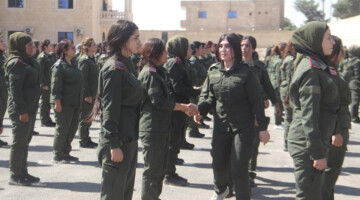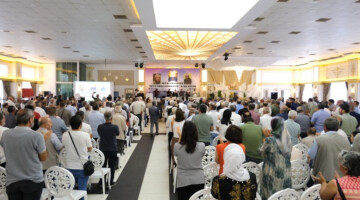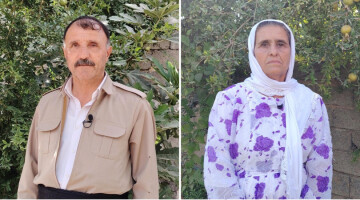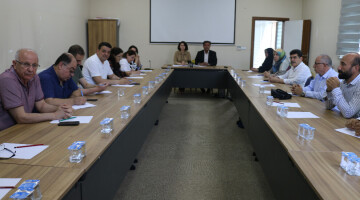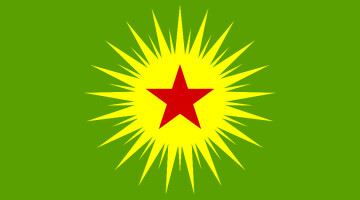Ubeydullah Encü, who lost his son Muhammed Encü in the Roboski massacre, said the AKP was continuing to act provocatively, adding that an officer had told him he had received orders to kill them.
Military movement is continuing in the border area near the village of Roboski in the Uludere district of Şırnak province, where 34 citizens were killed more than 3 years ago. On 20 April 5 people were wounded when troops opened fire in the village of Yekmal (Yemişli) and the Turkish army is creating tension by continuing to fire shells into the guerrilla areas around the "Şehit Kendal" hill and deploying hundreds of troops on hill tops. A DBP and HDP delegation recently defused tension by persuading local people not to be human shields. Ubeydullah Encü said the AKP is continuing its provocations.
Encü said: "We are saying to Erdoğan, ‘enough’. We want peace, but it seems that the AKP wants to kill us. Smuggling goes on all over Turkey but they don’t kill 34 people like they did here. They’ve even slaughtered our mules.”
Encü added that the state always supported those who massacred the Kurds, saying they had seen the support given to the ISIS gangs.
'When the time comes we will kill you, too’
Encü stressed that they didn’t want either soldiers or guerrillas to die, and that they were trying to prevent incidents developing. Encü said he had asked an officer why they had opened fire on the people and killed their mules. He said the officer had told him: I haven’t carried out my orders yet. The order I’ve received is to kill you, When the time comes we will kill you, too.”
Encü said troops deployed on the border with Federal Kurdistan were only between 300 and 500 metres from HPG guerrilla positions. “If necessary, we will act as human shields to prevent a provocation.”








